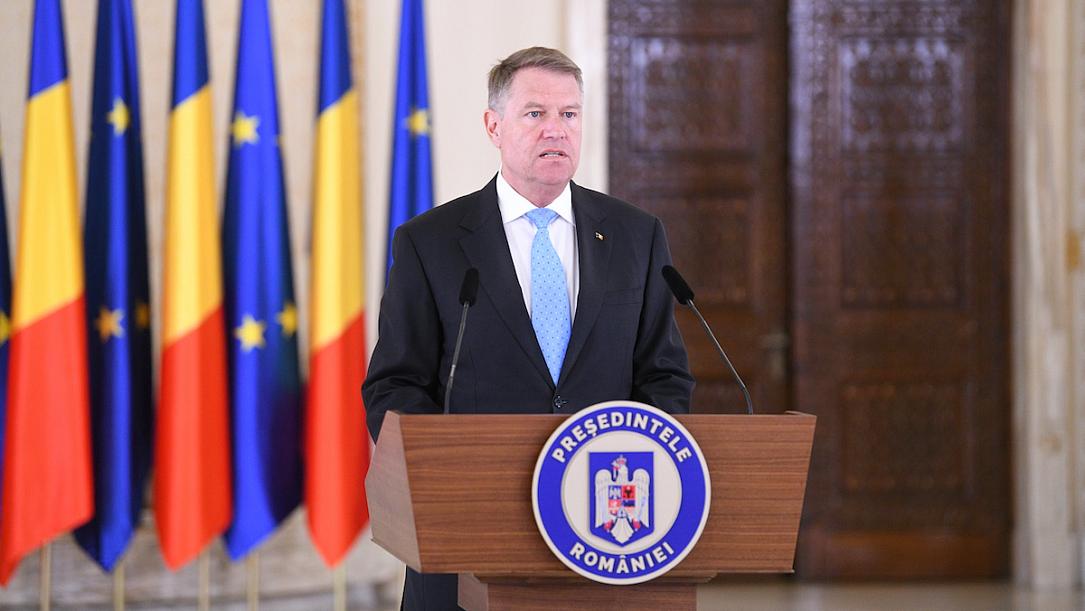Romanian president argues that the referendum on justice has legal effects

Romania’s President Klaus Iohannis on July 23 urged political parties to find a way and transpose people’s will expressed in the public referendum of May 26.
This might not necessarily involve constitutional amendments, he added in the context of Constitutional Court partly rejecting the bills drafted by the lawmakers to convert the public referendum into constitutional provisions. However, the simple fact of the referendum being passed has legal effects, Iohannis stressed. Particularly, the lawmakers will no longer be able to issue bills for the amnesty and pardon of those indicted for corruption deeds, he said, according to B1.ro.
Legally, this means that the lawmakers do not have to take specific steps to implement the referendum, but they also can not breach the outcome of the referendum by the bills they issue [a similar situation is valid for the public referendum by which voters decided to change parliament’s structure into a single-chamber legislative with at most 300 MPs]. The question in the referendum was not about amending the Constitution in this regard, but about allowing lawmakers to issue such bills -- Iohannis explained, adding that the specific procedure to transpose the vote into legislation has to be identified by lawmakers.
He made the statements on the occasion of the ethnic Hungarians’ party UDMR signing the National Politic Pact aimed at consolidating the best European practices for the rule of law. The National Politic Pact has been signed already by all relevant political parties except for those in the ruling coalition: Social Democratic Party (PSD) and the Alliance of Liberals and Democrats (ALDE).
editor@romania-insider.com
(Photo source: Presidency.ro)
















